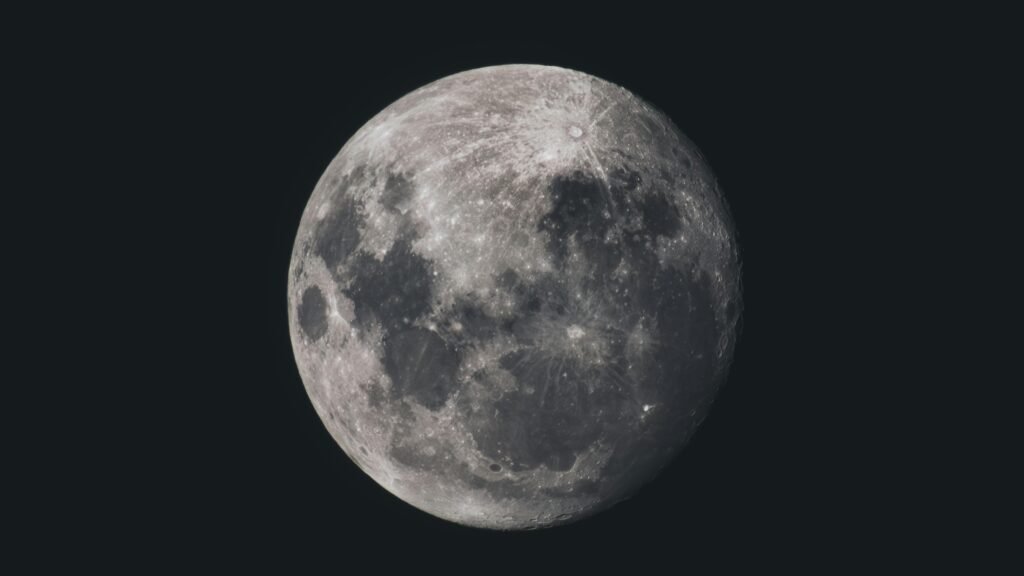
Space has always fascinated people. The stars, planets, and the mystery of the universe make us curious about what lies beyond Earth. In the past, only astronauts and scientists could take part in space missions. But today, there are many ways for anyone to get involved in space exploration and research—even if you’re not a scientist.
Whether you’re a student, teacher, space lover, or just curious, this article will show you how to start getting involved in space exploration and research from wherever you are.
Why Is Space Exploration Important?

Before we talk about how to get involved, let’s first understand why space exploration matters.
- It helps us learn more about Earth and other planets.
- It leads to new technology and inventions.
- It may help us find new places to live in the future.
- It inspires science, teamwork, and global unity.
Space research also plays a big role in solving problems on Earth, like improving communication, understanding weather patterns, and protecting our environment.
Follow Space Missions and News
A simple way to get started is to follow space exploration news. This helps you stay updated with the latest discoveries and missions.
Here are some reliable sources:
- NASA (nasa.gov) – The leading US space agency.
- European Space Agency (esa.int)
- UK Space Agency (gov.uk)
- SpaceX (spacex.com)
- Space.com – A popular site with easy-to-read articles.
Following these sites or their social media pages is a good first step to understanding what’s happening in the world of space.
Join Space Communities and Groups

There are many online and local groups where you can meet people who are also interested in space. These groups share news, host events, and sometimes invite guest speakers from space agencies.
To get started:
- Find space exploration groups on Facebook, Reddit, or Meetup.
- Join space-themed Discord communities or YouTube channels.
- Look for astronomy clubs in your city.
These communities are great for learning, asking questions, and even finding career advice.
Attend Space Events and Webinars
Many space agencies and universities host free online events, talks, and webinars. You can join these events to listen to scientists, engineers, and astronauts.
In the US and UK, agencies like NASA and the UK Space Agency also run “open days” or live stream rocket launches. Watching a live launch or joining a virtual tour of a space center can be a very exciting experience.
Websites like Eventbrite, YouTube, and agency pages list these upcoming events regularly.
Study Space Topics

If you are a student, you can choose subjects related to space research, like:
- Physics
- Astronomy
- Engineering
- Computer Science
- Environmental Science
Many universities in the US and UK offer degrees in space science or aerospace engineering. Some even work directly with NASA or private space companies.
Even if you’re not in college, there are free courses online (MOOCs) from platforms like:
- Coursera
- edX
- Khan Academy
- Future Learn
These courses can help you learn about satellites, rocket design, and how space exploration works.
Support Space Through Donations
If you want to help but don’t know where to start, you can donate to space research programs. Many nonprofits and student-led missions raise funds for building rockets, telescopes, or doing research.
Here are examples of where to donate:
- Planetary Society (planetary.org)
- SETI Institute (seti.org)
- University space programs or science clubs
Your donation can help young scientists build something new or join space competitions around the world.
Volunteer or Intern in Space Projects
Many space-related organizations offer internships or volunteer roles. You don’t always need a science background, some need help with writing, social media, event planning, or education.
To find opportunities:
- Check NASA’s internship portal
- Visit ESA’s Young Graduate Trainee program
- Look at the UK Space Agency’s education section
- Explore internship offers on LinkedIn and university job boards
Even helping in small ways can build your resume and grow your interest in space exploration.
Try Citizen Science Projects
Citizen science means regular people helping scientists collect or study data. In space research, this might include:
- Identifying stars or asteroids in telescope images
- Tracking satellites in the sky
- Reporting meteor sightings
Websites like Zooniverse (zooniverse.org) offer space-related projects you can join anytime. These are fun, educational, and a great way to feel part of a big scientific mission.
Aim for a Career in Space
If you want to turn your interest into a full career, here are some fields in space exploration:
- Space engineering
- Astrophysics
- Planetary science
- Robotics and AI
- Space medicine
- Satellite design
- Space law and policy
Companies like SpaceX, Blue Origin, and many others are always looking for new talent. So are government space agencies. Starting early and learning the basics can help you reach these exciting paths.
Conclusion
Getting involved in space exploration and research is no longer just for astronauts or big scientists. Today, there are many ways to learn, join, support, and even work in space-related fields. Whether you choose to find space exploration groups, take free courses, build small projects, or even donate to space research, your involvement can make a difference.
Space is not just the future of science—it’s the future of humanity. With more missions, discoveries, and opportunities coming from US and UK space exploration, there’s never been a better time to get involved. So, look up, get curious, and start your journey into the universe today.








